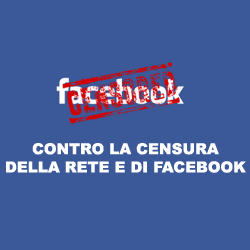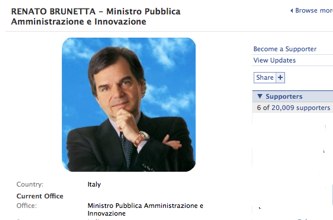I am happy to pick up again my blog today after a ten-year hiatus, starting to talk about Marco Montemagno’s seminar I attended today at the Camera di Commercio (Chamber of Commerce) in Milano as part of his series of talks on Lavorability – his new book out now online and in print. Marco is a rock star of the Web – his knowledge spans every field and every sector, his ideas are multifaceted, original and there are lots of them. He knows how to captivate an audience and you can see he has years of experience on what he is talking about. He stands up there at an international level with the big minds and there’s always something to learn from him. Being myself on the cusp of a career change, his talk today struck a real chord with me. Aimed at businesses and people who are interested in the big digital changes which are taking place today in the way we work, in the way the workplace is organized, in the way we market our firm and look for new customers, the talk highlighted how it has become virtually impossible to ignore social media and the digital platforms which are increasingly becoming tools which are actively shaping our (working) lives. I spent ten years in academia studying politics, society and the Internet. I then spent the following ten years managing my firm, a printing business, which was strongly based in the analogue world. But the analogue world is not enough anymore. Interestingly, about eighty percent of Marco’s audience today was made up of generation X entrepreneurs. They – We — are the ones who know the language of the current digital world but who feel they need to know more and do more to bring fully their business in the new digital age, which is already here, it is not the future. Marco Montemagno gave today many useful and very interesting insights on how to make the final jump in the new social media world, which is constantly changing and which is looking very different from the early World Wide Web of early adopters of the early 2000s. The constant and fundamental theme though, which remains at the forefront throughout the years, is the following: are you only consuming or are you actually also creating content online? I am conscious I am writing these thoughts on an old fashioned platform – a blog. But I am picking up again from here and starting again. Thank you Marco Montemagno for an inspiring talk today.



